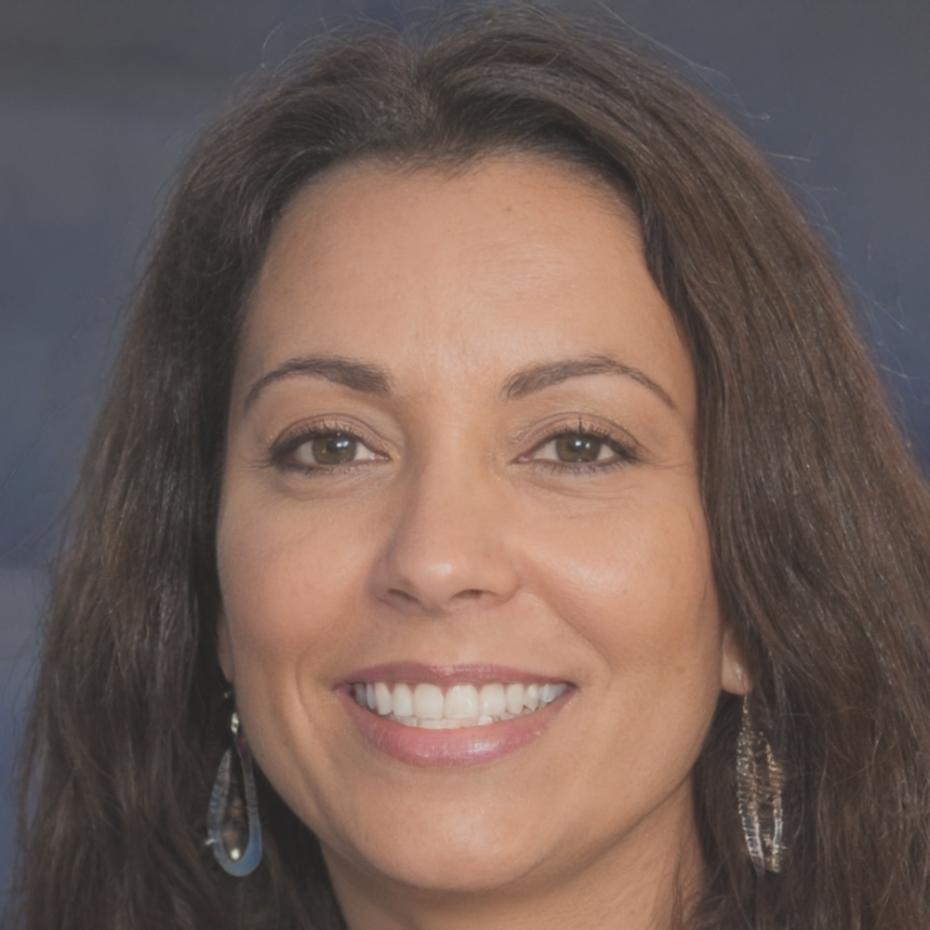Advanced Financial Analysis Program
We built this program after watching too many professionals struggle with analysis frameworks that never quite fit real-world scenarios. Our curriculum focuses on practical techniques you'll actually use — from dissecting cash flow patterns to spotting red flags in financial statements before they become problems.
The twelve-week structure gives you time to absorb complex concepts while applying them to current market examples. You're not memorizing formulas — you're learning how experienced analysts think through challenging situations.
Learn From Working Analysts
Our instructors balance teaching with active practice. They're dealing with the same market conditions you'll encounter, which means the examples stay current and relevant.

Callum Driscoll
Portfolio Analysis Specialist
Callum spent fourteen years working with institutional portfolios before joining our team. He's good at breaking down complicated valuation models into digestible pieces. His sessions on ratio analysis actually make sense because he shows you what to look for and why it matters.

Ingrid Voss
Risk Assessment Lead
Ingrid comes from a background in corporate finance and risk management. She has this knack for anticipating the questions you haven't thought to ask yet. Her approach to teaching scenario analysis combines statistical rigor with practical judgment calls based on years of experience.

Gregor Lindt
Market Trends Analyst
Gregor focuses on forecasting and trend identification. He worked through multiple market cycles and brings that perspective to every discussion. His teaching style is straightforward — he'll tell you when something works and when it doesn't, backed by actual results he's tracked over time.

Siobhan Rafferty
Technical Analysis Director
Siobhan specializes in the technical side of financial reporting and compliance analysis. She's particularly strong on interpreting regulatory filings and identifying inconsistencies that deserve deeper investigation. Her background includes audit work, which gives her a unique perspective on documentation and verification.
Our Teaching Philosophy
We don't lecture for three hours and call it education. Each session combines concept introduction with hands-on application. You'll work through real financial statements, discuss what you're seeing with instructors and peers, and gradually build your analytical toolkit. Some weeks you'll feel challenged — that's normal when you're genuinely learning something substantial.

What You'll Actually Cover
Foundation Building (Weeks 1-3)
We start with financial statement analysis because everything else builds from here. You'll learn to read balance sheets, income statements, and cash flow reports with the eye of an experienced analyst.
Valuation Techniques (Weeks 4-7)
This section digs into how companies are actually valued. You'll work with discounted cash flow models, comparable company analysis, and precedent transactions. We focus on understanding when each method applies and its limitations.
Risk and Strategy (Weeks 8-10)
Here we address risk assessment, scenario planning, and strategic analysis. You'll learn frameworks for evaluating business models, competitive positioning, and potential vulnerabilities that don't always show up in the numbers.
Integration Project (Weeks 11-12)
The final weeks involve a comprehensive analysis project. You'll select a publicly traded company, conduct a full evaluation, and present your findings. This is where everything comes together and you see how the pieces interconnect.
How the Program Works
We've designed multiple ways to engage with the material so you can adapt the learning to your schedule and preferences.
Live Sessions
Tuesday and Thursday evenings, 7:00-9:00 PM AEST. These are working sessions where instructors introduce concepts, work through examples, and answer questions as they come up.
- Real-time discussion and clarification
- Group problem-solving exercises
- Direct instructor feedback
- Peer collaboration opportunities
On-Demand Resources
All sessions are recorded and available within hours. We also provide supplementary materials — spreadsheet templates, analysis guides, and reference documents you'll return to repeatedly.
- Watch at your own pace
- Review complex sections multiple times
- Downloadable working files
- Updated market examples
Practice Workshops
Saturday morning sessions (optional but recommended) where you work through practical exercises with instructor support. These are smaller groups focused on applying what you've learned.
- Hands-on application time
- Smaller participant groups
- Specific skill development
- Individual guidance available
One-on-One Support
Each participant gets two private sessions with an instructor during the program. Use these for specific questions, project review, or deeper exploration of topics relevant to your work.
- Personalized guidance
- Project feedback
- Career-specific applications
- Flexible scheduling
Ongoing Support Beyond Sessions
You'll have access to a private discussion forum where instructors and participants stay connected throughout the program. Questions get answered within 24 hours typically, and the peer discussions often provide as much value as the formal instruction. Past participants remain in the community even after completion, creating an ongoing professional network.
What Past Participants Say
These are people who completed the program and shared their honest thoughts about the experience.

Marcus Ellwood
Completed March 2024 cohort
I'd been doing basic financial analysis for years but never really understood the depth available. This program changed how I approach company evaluations. The DCF modeling section alone was worth the investment — I use those techniques weekly now.

Elena Thornberg
Completed August 2024 cohort
The quality of instruction surprised me. These aren't academics teaching theory — they're analysts who deal with current market conditions daily. The scenarios we worked through felt immediately applicable to my work situation.

Real Skills Development
Our participants come from diverse backgrounds but share a common goal — developing stronger analytical capabilities they can apply immediately in their professional roles.
Ready to Strengthen Your Analysis Skills?
Our September 2025 cohort opens for enrollment in May. Spaces are limited to maintain the quality of interaction and instruction. If you're serious about developing advanced financial analysis capabilities, this is worth exploring.
Get Program Information